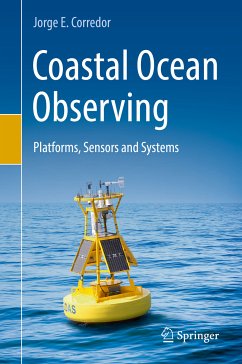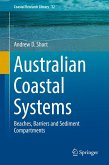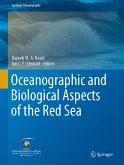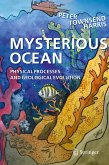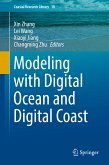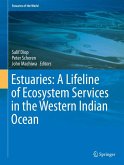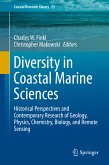This manual describes the wide range of electromechanical, electrochemical and electro-optical transducers at the heart of current field-deployable ocean observing instruments. Their modes of operation, precision and accuracy are discussed in detail. Observing platforms ranging from the traditional to the most recently developed are described, as are the challenges of integrating instrument suits to individual platforms. Technical approaches are discussed to address environmental constraints on instrument and platform operation such as power sources, corrosion, biofouling and mechanical abrasion. Particular attention is also given to data generated by the networks of observing platforms that are typically integrated into value-added data visualization products, including numerical simulations or models. Readers will learn about acceptable data formats and representative model products. The last section of the book is devoted to the challenges of planning, deploying and maintaining coastal ocean observing systems.
Readers will discover practical applications of ocean observations in diverse fields including natural resource conservation, commerce and recreation, safety and security, and climate change resiliency and adaptation. This volume will appeal to ocean engineers, oceanographers, commercial and recreational ocean data users, observing systems operators, and advanced undergraduate and graduate students in the field of ocean observing.
Dieser Download kann aus rechtlichen Gründen nur mit Rechnungsadresse in A, B, BG, CY, CZ, D, DK, EW, E, FIN, F, GR, HR, H, IRL, I, LT, L, LR, M, NL, PL, P, R, S, SLO, SK ausgeliefert werden.

